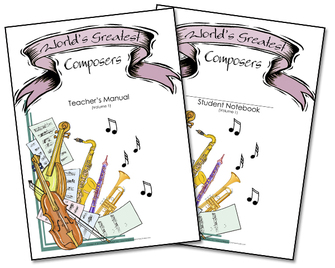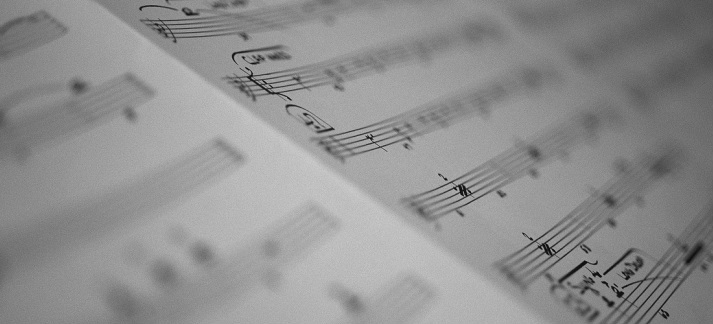|
Today I have just a quick followup to my post yesterday about homeschool music learning ideas. I really do believe that music appreciation begins at home. Exposing children to great music can influence the way they think and the way they see the world around them. So today my wonderful wife sent me a link to an award-winning homeschooling blog where a mom has found many great resources and brought them together. One of the resources that she has assembled is a study of the life and music of eight of the greatest composers in history. The course material is outlined as follows:
0 Comments
I grew up in a family where my siblings and I were taught at home. Homeschooling has been growing as an alternative method for teaching children over the past few years (see the statistics by the National Center for Education Statistics). This post is not to dispute the positives and negatives of homeschooling. What I would like to do in this article is to give a little background on how I received a musical education while being taught at home. For any home educators that read my posts, this may give you some ideas on how to go about teaching music to your children at home. There will be more articles that give more details about curriculum and methods some other time. This post will simply chronicle some of what I've experienced and talk about the pros and cons of each.
While there are many ways you could potentially organize your sheet music for reference and performance, these methods are the two that I have found to be most useful personally. As I have figured out how to organize my sheet music, I have had better results finding the pieces of music that I need when I need them. Both of these methods are simple, easy-to-understand, and practical for the active musician.
 Through my involvement in church music since I was a young teenager, I have learned quite a bit about getting a music group started in a church setting. I've been a singer, instrumentalist, and director of various groups, and I have loved the opportunities that I've had to share music with my fellow church musicians and ultimately with the entire congregation. There are a few things that I have noticed that have helped some church music ensembles to work together better. Here are a few basic tips for starting (or improving) a music group at your church. Since the advent of microphones and electronic amplification, the art of singing has been modified to fit new styles that would not have been nearly as practical without the aid of amplification. However, going back to classical voice training is not a bad idea. It will help singers in any genre to maintain a healthy voice and get the best sound possible.
Since I have begun teaching voice students at our local arts center, I have found that there are three basic concepts that I want my students to grasp from the start. These are some of the fundamental concepts that other voice teachers may also want to communicate to their students. Oftentimes modern music and culture does not take much time to think on things of the past. The common theme seems to be about the present, our current problems and successes, rather than reflecting on anything of a historical nature. But is there something missing when the past is forgotten? As a musician, taking time to reflect on the past can give great insight into what is truly needed today. By studying how the great composers of past times created their great works, the modern composer can make a more meaningful contribution to today's world. One current composer that obviously does this kind of reflection is the choral composer John Rutter. In this video, Rutter explains how looking into a little history led to inspiration for his most recent recording, This is the Day: Music on Royal Occasions. By looking back even during the period of his lifetime, Rutter created a recording that told a story. See his explanation below: For more insight from a great composer of our time, see more of John Rutter's commentary videos on his YouTube channel. In what ways do you look back to the past in your music? Leave comments on this post and let us know.
|
Search the BlogSubscribe via emailFind By Category
All
Archives
January 2016
|
Harmony Passion - Bringing together ideas and resources for church and community musicians





